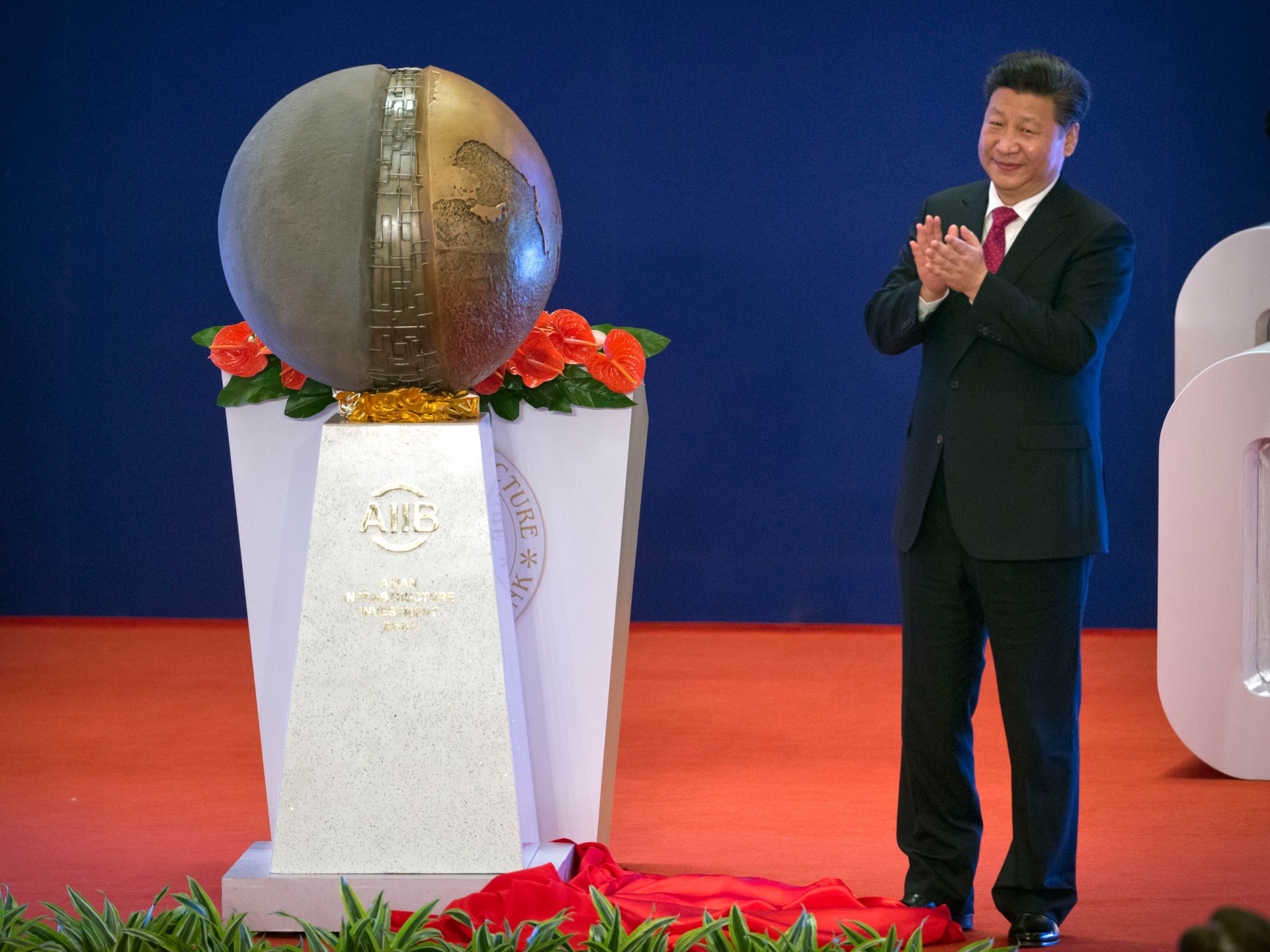German Politicians Oppose Muslim Holiday
Stroebele’s proposal was given the cold shoulder even by his own Green party, a partner in Chancellor Gerhard Schroeder’s ruling coalition, reported Agence France-Presse (AFP) Wednesday, November 17.
The Greens’ Marieluise Beck, the government’s representative on integration issues, dismissed the proposal as "not very intelligent" and said "there is a not single region of Germany which has a Muslim majority".
On Tuesday, November 16, Stroebele suggested introducing a holiday at the end of Ramadan.
"Gestures like this are necessary when you see the attacks in the Netherlands," he said.
Several Muslim mosques and schools came under arson attacks in the Netherlands following the murder of controversial filmmaker Theo van Gogh, blamed on a Moroccan immigrant.
Lampooned
Even those who dared back the proposal were publically ridiculed.
Environment Minister Juergen Trittin, a member of the Green party, was lampooned by the top-selling tabloid Bild newspaper on Wednesday.
The paper pictured Trittin on its front page with a white beard and a turban, claiming he was "completely mad."
A Muslim leader, however, said granting such a holiday would make immigrants feel at home.
"If you are placing importance on the rights of minorities, a Muslim holiday is overdue," Askar Mahmut, the secretary-general of the Union of Turkish-Islamic Cultural Associations in Europe, told Bild.
Language Imposition
The campaign came as Annette Schavan, the education minister of the region of Baden-Wuerttemberg, suggested that prayers in mosques should be in German instead of Arabic.
She claimed Germany "could no longer accept that prayers in mosques should be said in languages that cannot be understood outside the Muslim community".
Schavan, who is tipped for a regional role in a future conservative government, argued that such a move would allow plainclothes policemen to listen in to the prayers and take action against what she called "preachers of hate."
Kenan Kolat, the co-president of the 1.9 million-strong Turkish community in Germany, lambasted the idea.
"This is nonsense — terror can be spread in any language," he said.
Integration
The proposal came amid rising calls from politicians like the Green Party’s Volker Beck that moderate, young Muslims should be encouraged to integrate.
"Social exclusion and disintegration make young Muslims vulnerable to radical ideologies and hatred," Beck was quoted by Deutsche Welle as saying.
"The way out of this dilemma is not to brand them as outlaws, but rather to let them participate in German social life."
German Interior Minister Otto Schily said the new immigration law, which offers integration measures such as language classes to earlier as well as current generations of immigrants, was an important step towards cultural understanding.
There are some 3.4 million Muslims in Germany, including 220,000 in Berlin.
The national statistics office stated that in the first half of 2004, one immigrant in five in Germany was unemployed compared with a national average of one in ten.
The northwestern state of Lower Saxony announced on Wednesday that it was examining the possibility of offering lessons about the Islamic faith to all 45,000 Muslim children in its state schools.
But the message came mixed to the Muslim community.
On Friday, November 12, the southern German state of Bavaria become the latest of the country’s federal states to ban hijab.
Members of the Muslim community feel discriminated against as displaying Christian and Jewish symbols will still be allowed in Bavaria.
Three other German states – Lower Saxony, Baden-Wuerttemberg and Saarland – already imposed similar bans.
German Chancellor Gerhard Schroeder voiced on December 21 his opposition to public servants wearing hijab, but said he was not against students wearing them in schools.
The issue of hijab became a hot topic after the federal constitutional court ruled that the government of Baden-Wuerttemberg was wrong to forbid a Muslim female teacher from wearing her hijab in the classroom.



